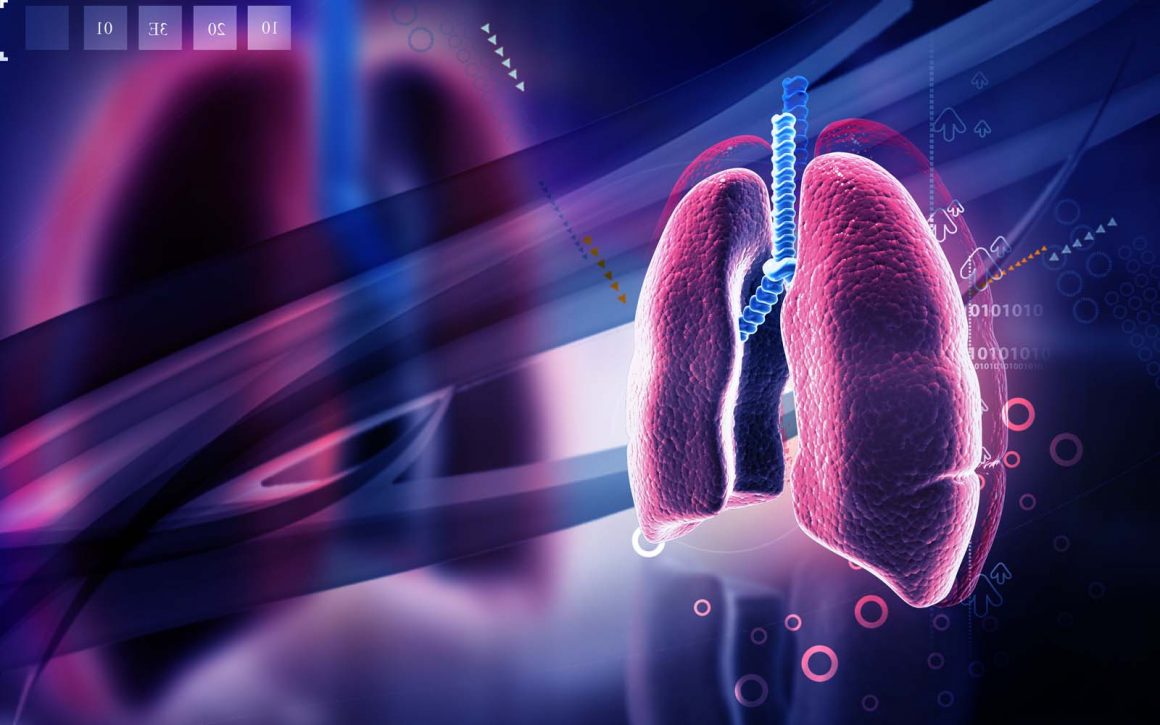Tips for Living Well with Sarcoidosis: Diet, Exercise, and Care
Living with sarcoidosis can feel overwhelming at first.

Living with sarcoidosis can feel overwhelming at first. The uncertainty of symptoms and managing treatment often weighs heavily on daily life. However, understanding your condition, adopting a supportive lifestyle, and working closely with healthcare professionals can make a significant difference. While medical care is essential, combining it with conscious lifestyle choices can improve energy levels, reduce inflammation, and enhance overall well-being.
This guide focuses on diet, exercise, and care strategies that support life with sarcoidosis.
Understanding Sarcoidosis
Sarcoidosis is an inflammatory disease that can affect multiple organs, most commonly the lungs, lymph nodes, skin, and eyes. The exact cause is unknown, but it involves the formation of small clusters of inflammatory cells called granulomas. These granulomas can interfere with the normal functioning of organs. Symptoms vary widely depending on which organs are involved.
Common signs include:
- Persistent cough or shortness of breath
- Fatigue and unexplained weight loss
- Skin rashes or lesions
- Swollen lymph nodes
- Chest pain or palpitations in cases of cardiac sarcoidosis
Early sarcoidosis diagnosis and treatment are crucial for managing the disease effectively. While some people experience mild symptoms that resolve on their own, others require ongoing medical care, including cardiac sarcoidosis treatment for heart involvement.
1. Diet: Supporting Your Body
What you eat plays a critical role in managing inflammation, energy, and overall wellness. A balanced diet supports your body’s ability to cope with sarcoidosis alongside prescribed medications.
Foods That Help
- Fruits and vegetables: Berries, leafy greens, and broccoli provide antioxidants.
- Whole grains: Brown rice, oats, and quinoa support steady energy levels.
- Healthy fats: Olive oil, avocado, and salmon reduce inflammation.
- Lean proteins: Beans, lentils, and nuts strengthen muscles and immunity.
Foods to Limit
- Fried or heavily processed foods
- Sugary drinks and snacks
- Excess salt, especially if cardiac sarcoidosis is a concern
Drinking enough water daily also supports organ function and overall health.
2. Exercise: Moving Safely
Staying active improves energy, strengthens muscles, and supports lung and heart health. It is important to adjust activities to your own capabilities and symptoms.
Practical Exercise Tips
- Low-impact activities: Walking, swimming, and cycling are gentle on the joints.
- Strength exercises: Light weights or resistance bands maintain muscle mass.
- Flexibility: Yoga or stretching improves mobility and reduces stiffness.
- Monitor fatigue: Rest if you feel breathless or overly tired, especially with heart involvement.
Before starting new exercise routines, consult your healthcare provider, particularly if cardiac sarcoidosis or lung involvement is present.
3. Stress Management and Emotional Care
Chronic illness can take a toll on mental health. Anxiety, stress, and mood swings are common among those living with sarcoidosis. Prioritizing emotional wellness helps manage symptoms and improves quality of life.
Tips for Emotional Well-Being
- Mindfulness or meditation: Helps reduce stress and maintain calm.
- Support groups: Sharing experiences with others who understand can be comforting.
- Counseling: Professional guidance can help manage anxiety or depression.
- Restful sleep: Aim for consistent, quality sleep to support recovery.
Balancing emotional care with medical treatment strengthens overall resilience.
4. Monitoring Your Health
Regular checkups are critical for tracking sarcoidosis progression. Monitoring organ function and symptoms allows timely adjustments to treatment.
Health Monitoring Strategies
- Keep track of new or worsening symptoms
- Schedule regular blood tests and imaging as advised
- Follow-up with specialists, especially for cardiac or lung involvement
- Keep a symptom diary to discuss changes with your healthcare provider
Being proactive with medical care can prevent complications and support long-term wellness.
5. Medication Adherence
Medications, including corticosteroids and immune-suppressing drugs, are often a key part of sarcoidosis treatment. Following prescribed doses and schedules is vital for symptom control and organ protection.
Tips for Staying on Track
- Set reminders for medication times
- Discuss side effects promptly with your doctor
- Never adjust doses without professional guidance
Combining consistent medication use with lifestyle adjustments can significantly improve day-to-day health.
6. Building a Support System
Living with sarcoidosis is easier when you have a network of support. Family, friends, and healthcare professionals play an essential role in emotional and practical care.
- Communicate openly about your needs and limitations
- Seek assistance with daily tasks when needed
- Join patient communities to learn coping strategies and share experiences
A strong support system reduces stress and helps maintain a positive outlook.
7. Planning for the Future
Since sarcoidosis can be unpredictable, having a plan for flare-ups and complications provides peace of mind. Work with your healthcare team to create action steps for worsening symptoms.
- Keep emergency contacts and medical information handy
- Maintain regular appointments and follow-ups
- Learn warning signs for organ complications, particularly cardiac sarcoidosis
Being prepared empowers you to respond effectively and maintain your independence.
Wrap-Up:
Managing sarcoidosis effectively requires more than medication. Combining a balanced diet, safe exercise, stress management, and proactive medical care can improve quality of life. Tracking sarcoidosis symptoms, staying adherent to treatments, and having a support system are crucial for long-term health. By making conscious lifestyle choices, people with sarcoidosis can feel more in control, experience better energy, and protect organ health.